Train service cancellations due to heavy rain and flooding appear to be getting more common.
Trains through major stations, such as Dundee, Perth and Arbroath, faced cancellations or delays this week due to wet weather.
Passengers are wondering what the recent spate of cancellations might mean for the oncoming winter.
Especially as climate change means short periods of heavy rain are becoming more common.
But Network Rail bosses say rail travellers should be assured that passenger safety lies at the heart of the changes it is currently making to the way it manages Scotland’s rail infrastructure.
A spokesperson explained that during extreme weather, “control measures” are put in place to slow trains down or close lines when they identify a risk.
I asked the company if they had made any recent change in approach or policy on train speeds that had contributed to the most recent recent travel disruption.
“We’ve invested in new technology to monitor convectional rainfall events and help manage the impact of climate change on Scotland’s Railway,” the spokesperson told me.
Heavy rain can cost lives
This is important stuff.
Heavy rain, of course, played a significant role in the Stonehaven derailment in 2020 that claimed three people’s lives.
Today, the control team for Scotland’s railway is the first in Britain to establish a round-the-clock specialist weather team.
The team has been set up to help monitor the ever more severe weather caused by climate change.
In addition, Network Rail is recruiting specialist geotechnical engineering experts and creating new dedicated teams for drainage inspection and maintenance.
This comes at the same time the company is beefing up its use of remote monitoring equipment to give staff early alerts on any problems.
Network Rail has installed wireless tilt meters at 30 locations. These devices can give a vital early warning on the chance of landslides or other events.
The tilt sensors detect movement in slopes and send an alert via the mobile network to controllers within two minutes.
Managers plan to roll out the kit to more than 100 sites by the end of 2024.
That may come as cold comfort to passengers directly affected by late or cancelled services, but few would disagree that safety on Scotland’s trains remains of paramount importance.
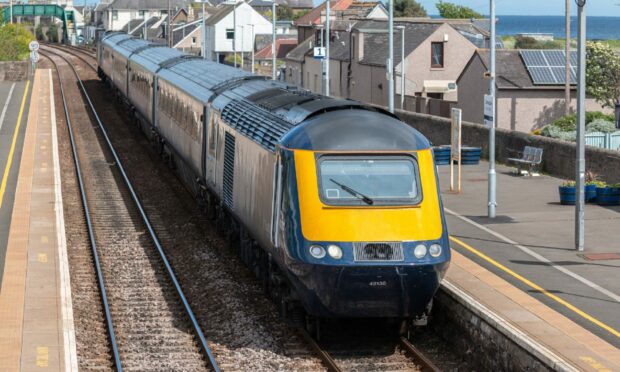

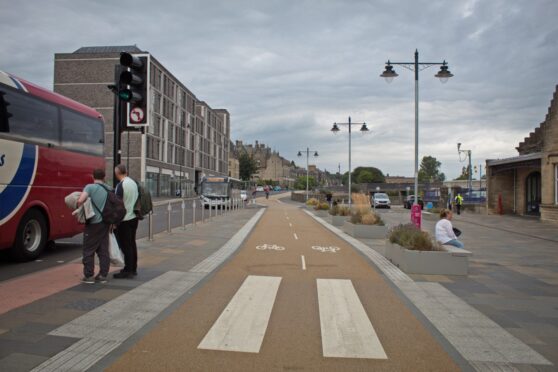
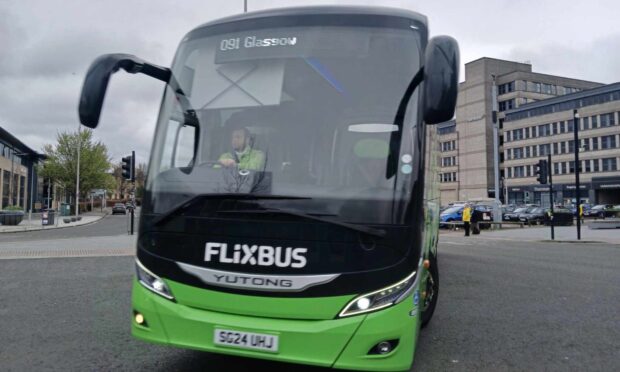


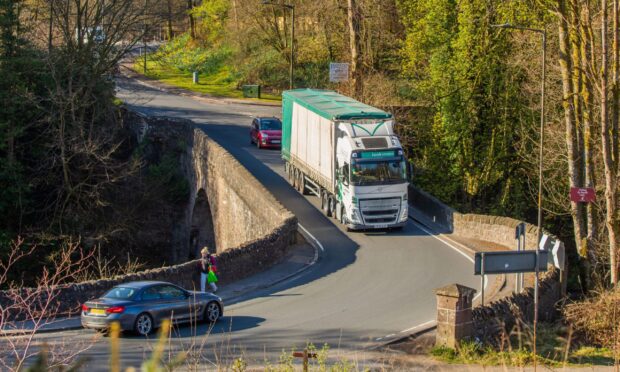


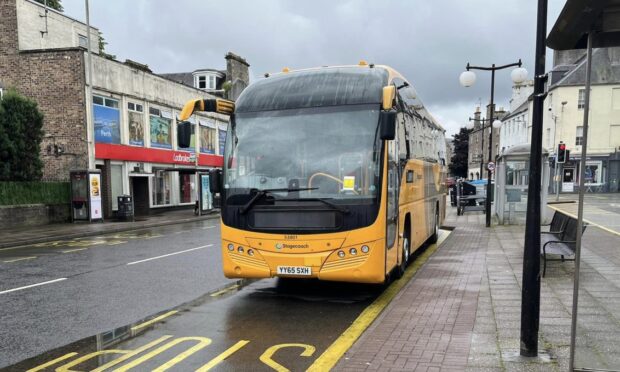

Conversation